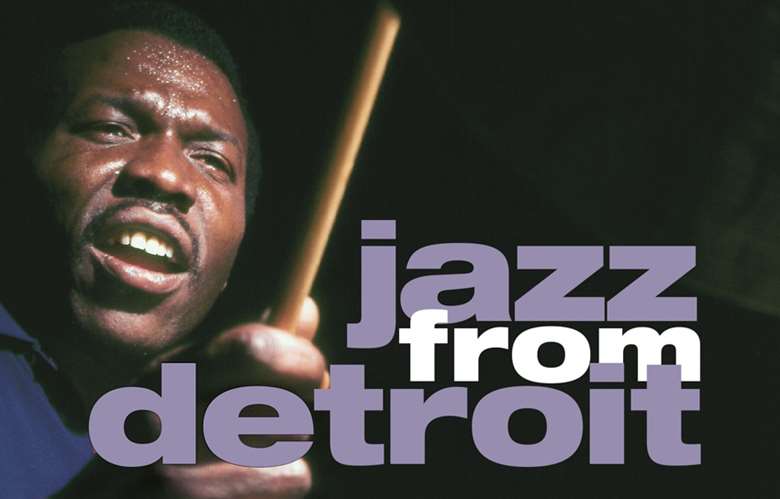Jazz From Detroit
Friday, August 23, 2019
Peter Vacher reviews Mark Stryker’s insightful book on the history of the Detroit music scene


Register now to continue reading

Thank you for visiting Jazzwise.co.uk. Sign up for a free account today to enjoy the following benefits:
- Free access to 3 subscriber-only articles per month
- Unlimited access to our news, live reviews and artist pages
- Free email newsletter